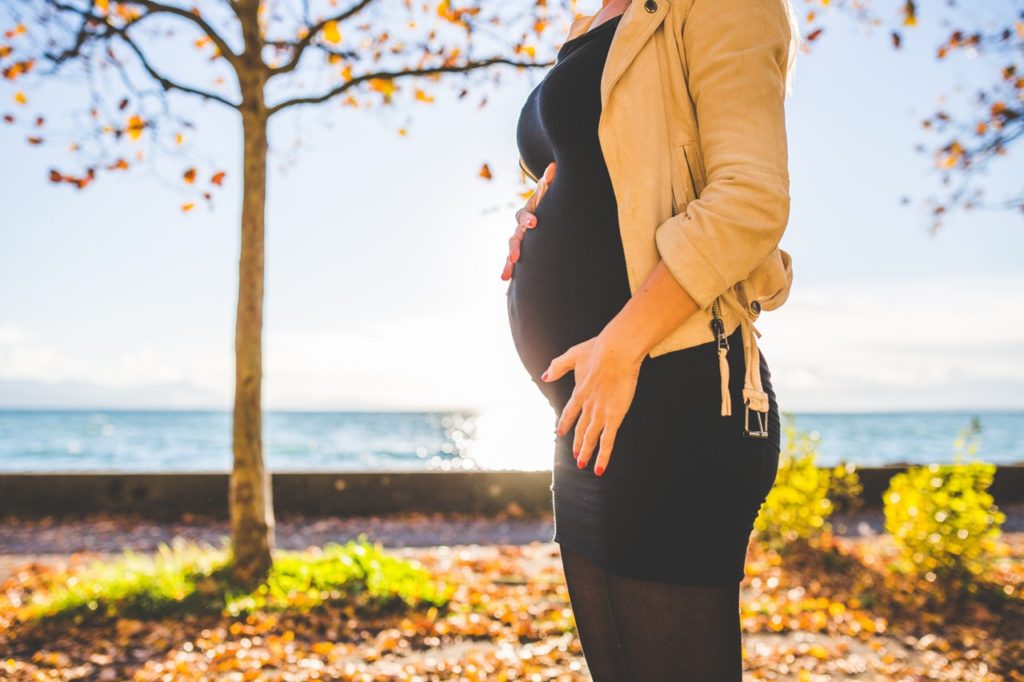AMH is the acronym used for Anti-Müllerian hormone, a hormone secreted by cells in the ovarian follicles.
Testing the level of AMH is currently used by some specialists as a marker to assess a woman’s ovarian reserve & subsequently suggest how fertile she is, however, there are aspects to this test that are considered reductionist as contributors to overall fertility are multifaceted and encompass more than one marker.
AMH is secreted by the granulosa cells of small, growing antral follicles in the ovary. Levels of AMH correlate to the quantity of astral follicles a woman has i.e. lots of antral follicles = lots of AMH, conversely, not so many astral follicles, means less AMH is secreted.
Peak levels of AMH are seen in women around their mid 20’s, when women are considered to be at prime fertility. As a females egg reserve decreases in quantity (as is a normal part of the ageing process), serum AMH levels follow a characteristic trajectory, also decreasing.
Do AMH levels fluctuate throughout the menstrual cycle?
Research examining fluctuations in AMH reveal the lowest levels are seen during the very early luteal phase, directly after ovulation. This makes sense given follicle stimulating hormone levels will be lower, in the luteal phase, than in the follicular phase of the cycle.
More AMH does not necessarily mean higher fertility
- Higher levels of AMH are seen in women with PCOS, as they often have multiple follicles, so logically produce more AMH.
- Higher levels of AMH do not correlate with higher fertility, since we know that women with PCOS often have trouble ovulating (releasing an egg), and thus can struggle to conceive.
During peri-menopause the number of ovarian follicles declines rapidly, with the number of follicles estimated to be below 1000. Though this may seem like a big drop from the millions we are born with, it is important to remember, the majority of women only ovulate one egg per cycle (unless you have twins), thus even if you only had a thousand eggs left at age 37, this would still be plenty enough to conceive, highlighting why a low end reading of AMH, should not be considered as a sole marker of fertility.
Egg quality as a marker of fertility
Another factor that is just as important in looking at fertility potential is the actual quality of the eggs a women has, as you can have lots of eggs, but if they are poor quality, conceiving will be challenging.
Egg quality needs to be considered whether are choosing IVF/ICSI or natural conception. One of the main challenges in IVF/ICSI is the difficulty in obtaining good-quality oocyte and embryos. The most common reason for unsuccessful IVF-embryo transfer procedures is poor quality oocyte and embryos. Over two-thirds of ART cycles result in adverse pregnancy outcomes which may be die to the failure in fertilisation due to poor oocyte quality.
Research shows that reproductive capacity declines dramatically in the fourth decade of life as a result of a normal and natural age-related decrease in oocyte (egg) quality. Ageing increases the risk of chromosomal abnormalities; environmental factors including oxidative stress, obesity, smoking, alcohol, drugs and psychological stress can also decrease quality of eggs. This decrease in quality can be halted with use of specific antioxidants (more on this later!).
Eggs with chromosomal issues & oxidative stress are less likely to fertilise with the sperm or may have issues with implantation, increasing risk of miscarriage. Unlike semen, egg quality cant be measured, however there is a plethora of research showing that dietary and lifestyle strategies as well as supplementation, can be used to increase the quality of a woman eggs. Supplementation, is always different based on ones individuals needs, however below are three of my favourites:
Coenzyme Q10:
Mitochondrial function and energy production deteriorate with age, adversely affecting ovarian reserve, chromosome segregation, and embryo competence.
CoQ10, is a natural antioxidant present in human follicular fluids, is able to restore the post-ovulatory aging-induced fragmentation of oocytes and decline of fertilisation, due to these effects, CoQ10 may potentially contributing to improve the successful rate of IVF and ICSI.
Myo-inositol:
MI is required for proper maturation of oocytes; higher concentration in the fluid of the follicles is suggested to be a marker of high oocyte quality. Myo-inositol has also been shown to improve oocyte number and quality in women undergoing IVF.
Melatonin:
Melatonin is an antioxidant found in the follicular fluid.
Supplementation with melatonin has been shown to reduce oxidative stress in the follicular fluid whilst improving oocyte quality in individuals with unexplained fertility, which then resulted in an increase in the rate of pregnancies/live births.




